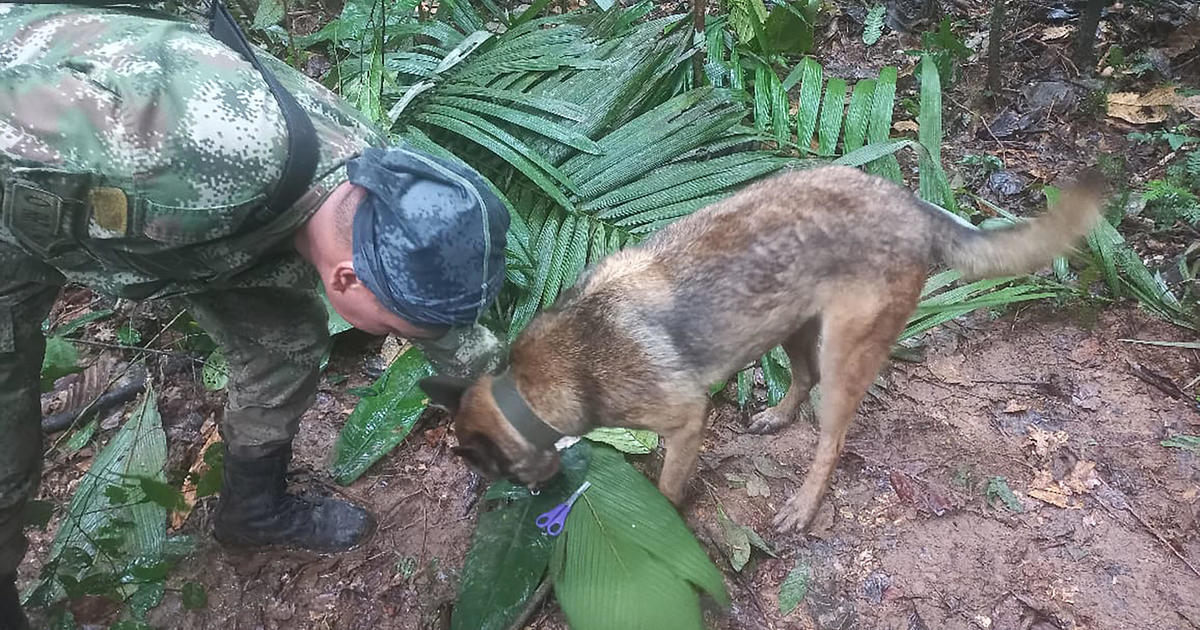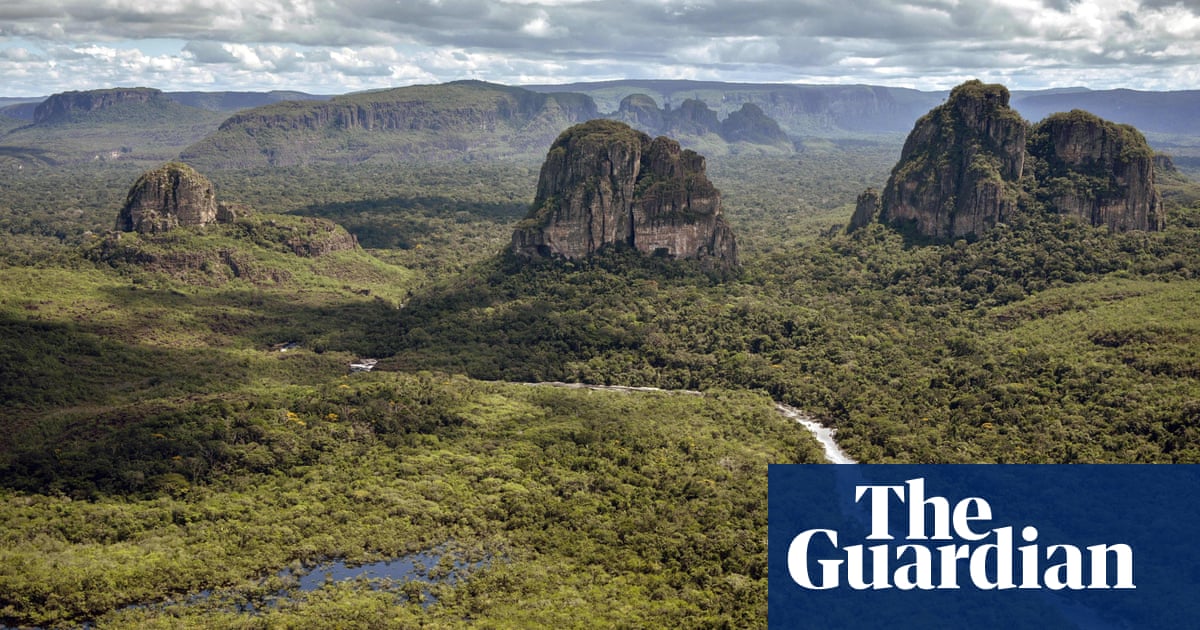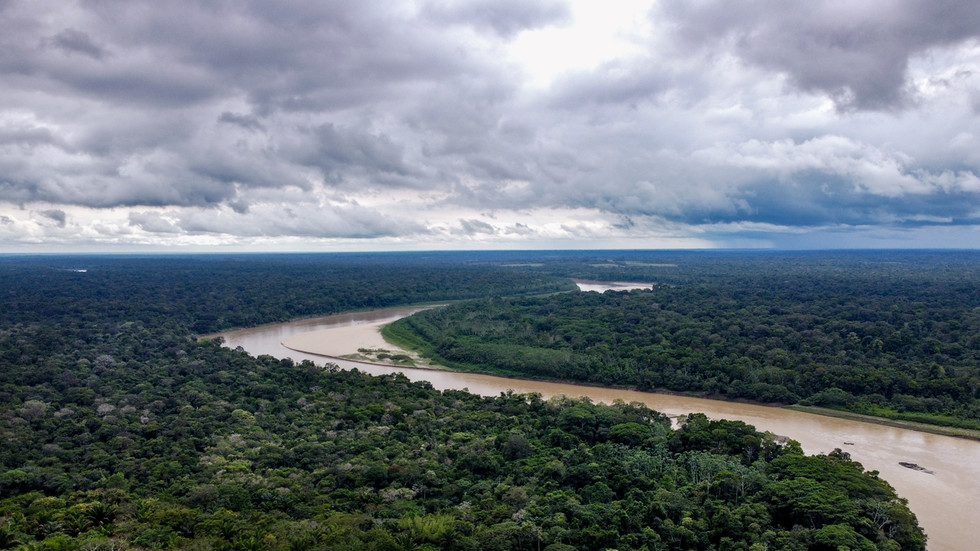The Spin
Narrative A
This is a tremendously proud day for the Colombian people — Indigenous and non-Indigenous alike. Working as a team, the Indigenous search volunteers shared their knowledge of the jungle while the military provided technology and strategic operations aid. The ancestral wisdom utilized by these brave children should also be acknowledged, for without it, there likely would have been no survivors. Instead, Pres. Gustavo Petro, the Colombian armed forces, and the families of the victims and survivors are reunited with their children and grandchildren.
Narrative B
While this rescue is cause for celebration, the dangers of flying over the Amazon region must be addressed. Many of the aircraft used to fly over the jungle are outdated and dangerous, including the one involved in this crash, which had been damaged in a separate crash in 2021. The Mitú region only has one paved landing strip, leaving pilots, who often fly with no communication technology, left alone to land on the driest patches of land they can find. The Amazon Forrest deserves more support to prevent events like this from recurring.





